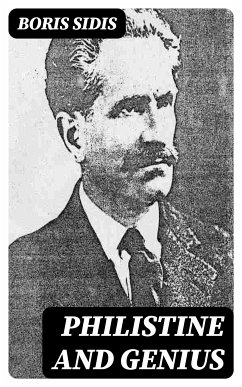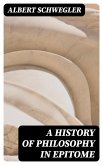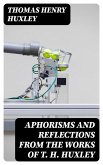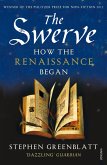In "Philistine and Genius," Boris Sidis explores the intricate dynamics between societal values and creative brilliance. The work is a rich psychological study presented through a blend of philosophical discourse and empirical observation. Sidis meticulously examines how societal structures can constrain intellectual and artistic pursuits, arguing that what is often deemed 'genius' is frequently at odds with mainstream cultural standards. His literary style is characterized by a rigorous and analytical approach, addressing current debates in psychology and education relevant to early 20th-century America. Boris Sidis, an influential psychologist and educator, was deeply committed to understanding human potential and the factors that nurture or hinder it. His diverse academic background and personal experiences as a parent and educator fueled his interest in the complexities of genius. Sidis's own advocacy for progressive education challenged conventional norms, leading him to investigate the plight of individuals whose extraordinary capabilities are often dismissed by society as eccentricity or 'philistine.' This thought-provoking text is a must-read for anyone intrigued by the interplay of genius and societal expectations. Sidis' insights resonate with contemporary discussions surrounding mental health, creativity, and societal acceptance, making it a vital contribution to the fields of psychology and education.
Dieser Download kann aus rechtlichen Gründen nur mit Rechnungsadresse in A, B, BG, CY, CZ, D, DK, EW, E, FIN, F, GR, H, IRL, I, LT, L, LR, M, NL, PL, P, R, S, SLO, SK ausgeliefert werden.









